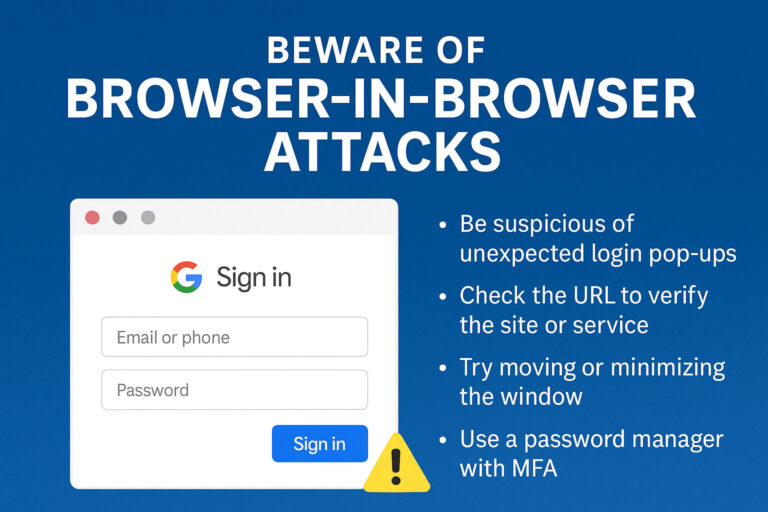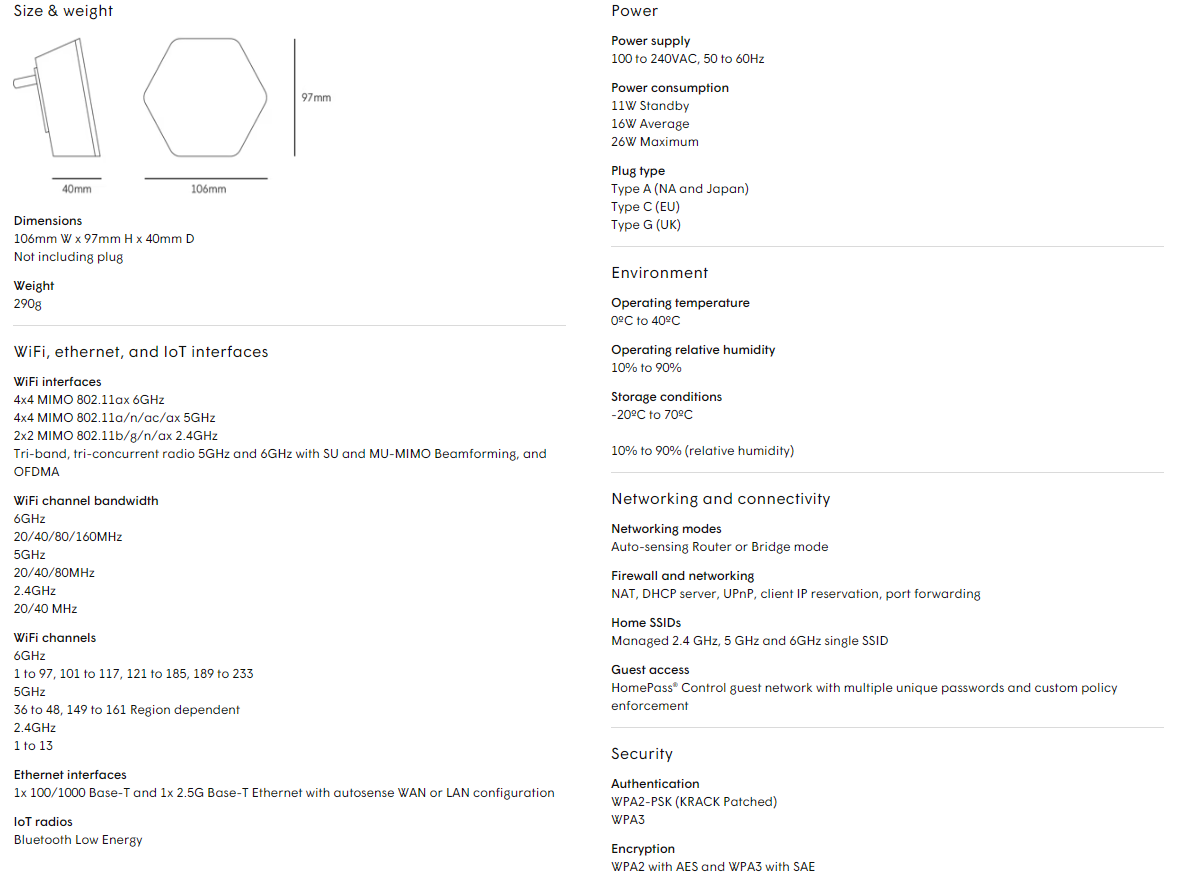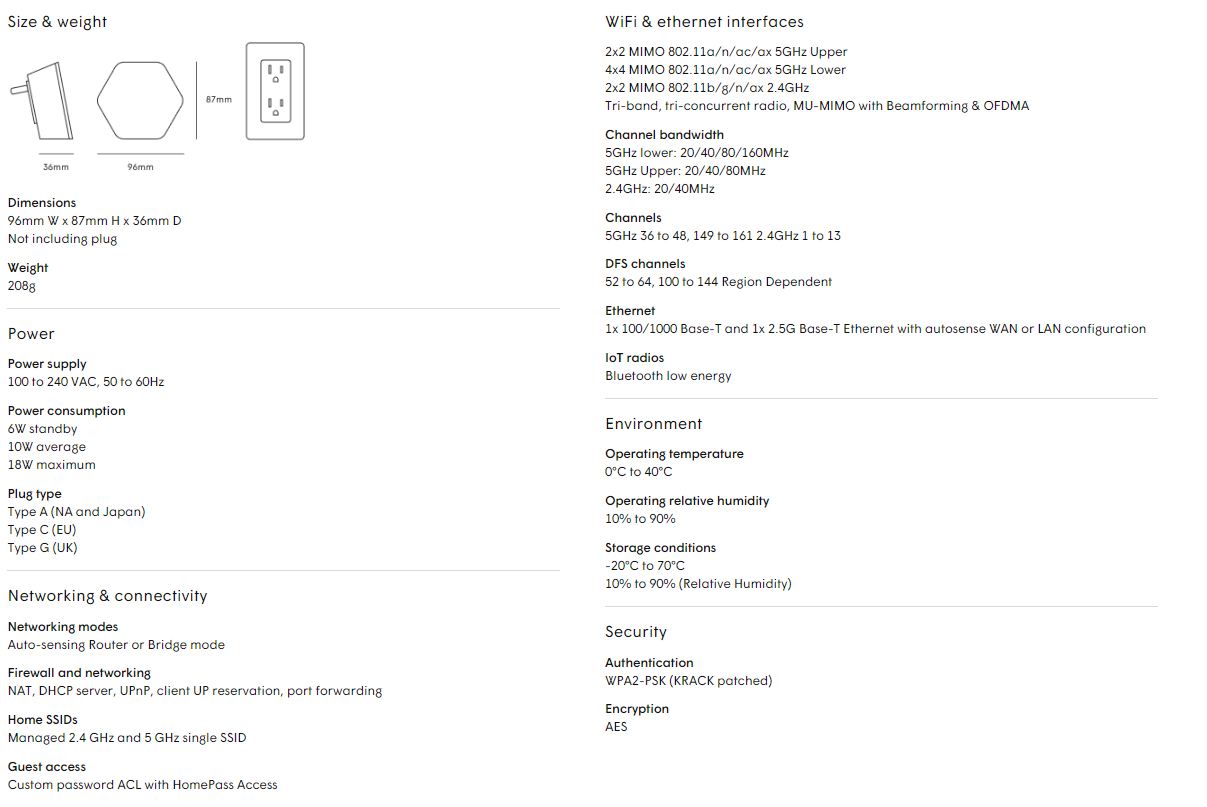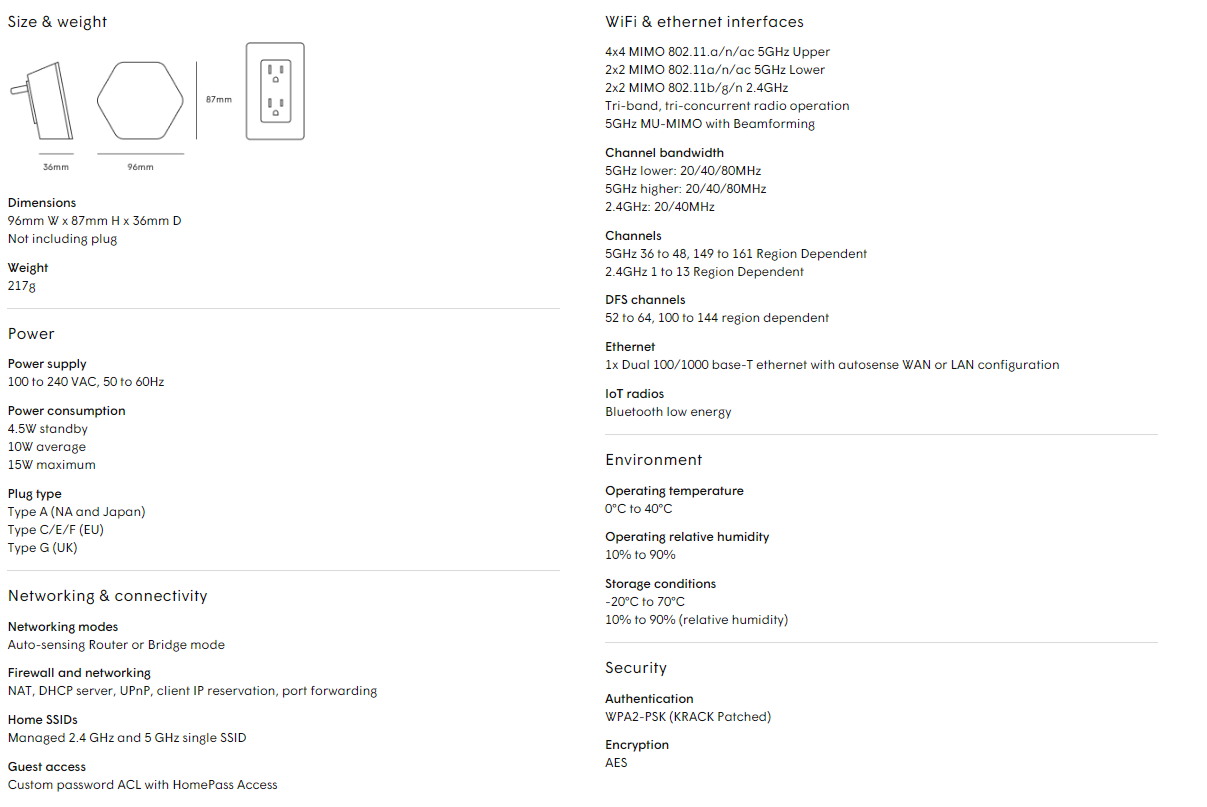What is a Vendor Imposter Scheme?
A vendor imposter scheme is a type of fraud where cybercriminals impersonate legitimate vendors to deceive businesses into transferring funds into fraudulent accounts. These schemes often involve sophisticated tactics, such as sending fake invoices, altering payment instructions, or creating fake websites that closely resemble those of actual vendors. The goal is to trick the victim into believing that they are conducting legitimate business transactions, ultimately leading to the fraudulent transfer of funds.
The Case of a municipal organization in Pennsylvania
Recently, a municipal organization in Pennsylvania fell victim to a vendor imposter scheme, resulting in a significant financial loss. Cybercriminals successfully deceived the Authority by posing as one of their trusted vendors, providing fake payment instructions that led to a substantial sum being transferred to the fraudsters’ accounts. This incident underscores the severity and sophistication of such attacks, highlighting the need for increased vigilance and security measures.
The Growing Threat to Businesses
A municipal organization in Pennsylvania’s case is not an isolated incident; it reflects a broader trend of increasing cyber threats to businesses. Vendor imposter schemes are just one form of business email compromise (BEC) attack, which has been on the rise in recent years. BEC attacks typically involve gaining unauthorized access to business email accounts and using them to conduct fraudulent activities. These can include not only vendor imposter schemes but also CEO fraud, where attackers impersonate senior executives to authorize payments or sensitive data transfers.
Why Are These Attacks So Effective?
Several factors contribute to the effectiveness of vendor imposter schemes and other BEC attacks:
- Social Engineering: Cybercriminals use social engineering tactics to manipulate and deceive employees, making it difficult to distinguish between legitimate and fraudulent communications.
- Sophistication: Attackers often conduct extensive research on their targets, allowing them to craft highly convincing emails and fake documents that appear authentic.
- Exploitation of Trust: These schemes exploit the inherent trust businesses have in their vendors and internal communication channels, making it easier to carry out the fraud undetected.
- Human Error: The success of these attacks often hinges on human error, such as an employee failing to verify payment instructions or overlooking red flags.
Protecting Your Business
To protect against vendor imposter schemes and other BEC attacks, businesses should consider implementing the following measures:
- Employee Training: Regularly train employees on recognizing phishing emails, social engineering tactics, and the importance of verifying payment instructions.
- Multi-Factor Authentication (MFA): Implement MFA for email accounts and other critical systems to add an extra layer of security.
- Verification Processes: Establish strict procedures for verifying changes in payment instructions or requests for large transfers, including direct communication with vendors.
- Email Security Solutions: Deploy advanced email security solutions that can detect and block suspicious emails and attachments.
- Regular Audits: Conduct regular audits of financial transactions and vendor accounts to detect any anomalies or unauthorized changes.
The vendor imposter scheme that targeted a municipal organization in Pennsylvania serves as a stark reminder of the growing cyber threats facing businesses today. By understanding the tactics used by cybercriminals and implementing robust security measures, businesses can better protect themselves against these sophisticated attacks. The key to mitigating these risks lies in a combination of employee awareness, technological defenses, and stringent verification processes.
Let Citynet help protect your business from today’s sophisticated, ever-present threats. Contact Citynet today for a customized cybersecurity strategy to protect your business.








